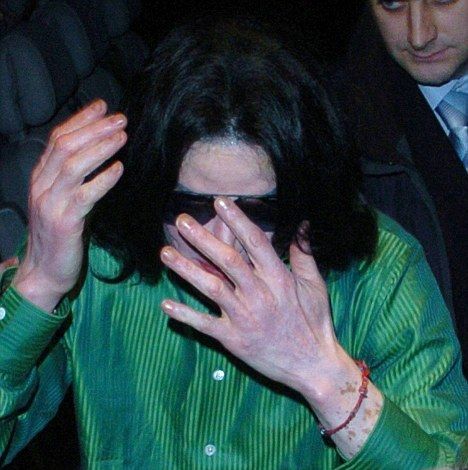物质相变的过程比想象中复杂
|
The seemingly simple process of phase changes -- those transitions between states of matter -- is more complex than previously known, according to research based at Princeton University, Peking University and New York University. Their study, which appears in the journal Science, reveals the need to rethink one of science's building blocks and, with it, how some of the basic principles underlying the behavior of matter are taught in our classrooms. The researchers examined the way that a phase change, specifically the melting of a solid, occurs at a microscopic level and discovered that the transition is far more involved than earlier models had accounted for. "This research shows that phase changes can follow multiple pathways, which is counter to what we've previously known," explains Mark Tuckerman, a professor of chemistry and applied mathematics at New York University and one of the study's co-authors. "This means the simple theories about phase transitions that we teach in classes are just not right." According to Tuckerman, scientists will need to change the way they think of and teach on phase changes. The work stems from a 10-year project at Princeton to develop a mathematical framework and computer algorithms to study complex behavior in systems, explained senior author Weinan E, a professor in Princeton's Department of Mathematics and Program in Applied and Computational Mathematics. Phase changes proved to be a crucial test case for their algorithm, E said. E and Tuckerman worked with Amit Samanta, a postdoctoral researcher at Princeton now at Lawrence Livermore National Laboratory, and Tang-Qing Yu, a postdoctoral researcher at NYU's Courant Institute of Mathematical Sciences. "It was a test case for the rather powerful set of tools that we have developed to study hard questions about complex phenomena such as phase transitions," E said. "The melting of a relatively simple atomic solid such as a metal, proved to be enormously rich. With the understanding we have gained from this case, we next aim to probe more complex molecular solids such as ice." |








